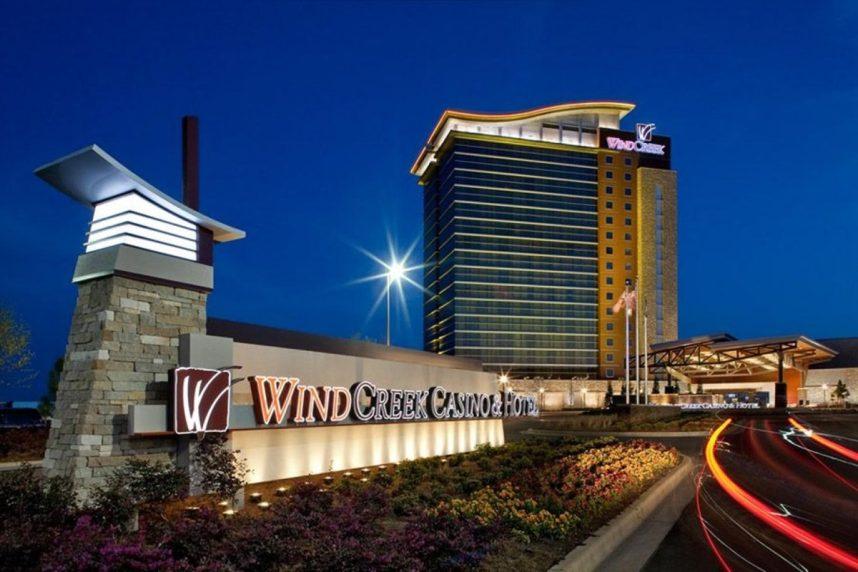Published on: September 26, 2024, 07:52h.
Last updated on: September 26, 2024, 07:52h.
A federal appeals court in Atlanta listened to arguments Wednesday in a long-standing legal battle between two tribes concerning the land where the Wind Creek Casino and Hotel in Wetumpka, Ala., now sits.

The Oklahoma-based Muscogee Creek Nation (MCN) alleges that the owner of Wind Creek, the Alabama-based Poarch Band of Creek Indians, desecrated a sacred MCN burial ground during the construction of the casino.
The area, known as the Hickory Ground, was the last capital of MCN in Alabama before the tribe was relocated to Oklahoma in the 1830s as part of a federal forced repatriation policy, as stated in the lawsuit.
MCN claims that 57 sets of human remains and associated artifacts were taken during the construction of the bingo parlor, which later became the casino in 2001. These remains were allegedly stored inadequately, without proper ventilation or temperature control, according to the lawsuit.
MCN is seeking to stop further development on the Hickory Ground and to have the Wind Creek Casino demolished.
Distant Relatives
The Poarch Creeks, a distantly related tribe, also assert ancestral connections to the land and have been granted sovereignty over the site by the federal government. However, MCN argues that the Poarch Creeks neglected their legal obligations to safeguard and maintain the land when constructing the casino.
Hickory Ground is a sacred place where some of the nation’s important military, tribal, and spiritual leaders are laid to rest,” stated Mary Kathryn Nagle, the attorney for the Muscogee Creek Nation, in her opening argument.
Mark Reeves, the attorney for the Poarch Creeks, argued that tribal sovereignty allowed his client to make decisions regarding land development and stressed the tribe’s own ancestral ties.
“We certainly have a strong attachment [to the location],” he informed the court. “We share a history of that property with the Muscogee Nation.”
‘Sovereignty Issue’
Stephanie Bryan, Tribal Chair and CEO for the Poarch Creeks, stated that the matter revolves around tribal sovereignty.
We are Creek people from that region, and we have honored our ancestors,” she remarked. “The demand to demolish the building and return the ancestors to their resting place is not reasonable.”
She claimed that the Poarch Creeks had attempted to collaborate with MCN and had proposed a joint purchase of the land when they acquired it in the 1980s, but MCN declined.
The lower court dismissed the case in 2021 on the basis that the Poarch Creeks were shielded from liability by sovereign immunity. The appellate judges will decide whether the case should be remanded to the lower court for a ruling on its merits.


